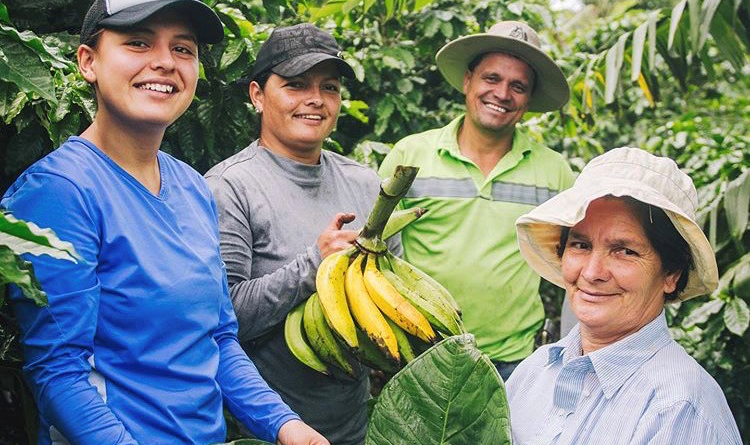The Future of Coffee is in Jeopardy
Young People are Less Likely to Engage in Coffee Farming
The new generation of smallholder farmers in coffee producing countries is facing new challenges that are leading the youth to believe that farming is no longer worth it, due to low productivity levels and profitability of the industry.
In this day and age, the rural youth has become better educated than their parents’ generation, leading them to have an array of opportunities that previous generations could never have dreamed of. Costa Rica currently boasts a 96 percent literacy rate, the highest in Central America.
Although it is overwhelmingly positive that countries like Costa Rica have high literacy rates, this can potentially affect the agricultural sector in a negative way. Instead of being farmers like their parents, many young people migrate to cities in search of new opportunities.
According to Specialty Coffee, this is due to factors like low income returns for high intensity work, higher education levels in the younger generation leading to different aspirations than their parents, climate change making it harder to prepare for harvest season, little opportunity in rural areas during the off season and migration towards urban areas due to high demand for labor.
Kendy Vega, an 18-year-old woman from Las Juntas de Avangares, Guanacaste has noticed that many young people in her small community are beginning to migrate to the cities. Vega is part of Bean Voyage’s new Care Fellowship that shines a light on the many opportunities the coffee industry has to offer by proving a six-month training program.
“Most young people migrate to study or to go to the capital [to work]” said Vega. “Most people don’t study things to do with farming. If everyone studies things that have nothing to do with farms, nobody is going to know how to plant or know what we need on a daily basis.”
The current global coffee prices are unstable leading smallholder producers to lose money through the production of coffee. At the moment they earn $0.96 per pound and it costs $1.40 to produce. This crisis has led many young people to lose faith in the industry and in turn look for other ways to make a living, primarily in urban areas.
Although coffee prices are currently low, there are many opportunities that the youth can bring to the industry and still make a profit. Young people tend to be more innovative and are willing to adopt modern methods of farming in order to increase productivity.
“We are fast learners,” said Vega. “We like new things like technology, we can help older people who do not know how to use it.”
According to Specialty Coffee, rising incomes levels are leading consumers to move toward high-value agricultural products. This is opening the door for new opportunities within the smallholder community. Additionally, due to the growing world population, output is expected to rise significantly with the demand in 2025 estimated to increase from the current amount of 150 million bags to 185 million bags.
In order to motivate the youth in coffee producing countries, educating them on the opportunities the industry has to offer is imperative. This can be done by teaching them that profit can be made, investment in infrastructure, giving producers access to finance as well as teach them about land environmental needs.
“I am hopeful and I believe that through Bean Voyage I will help the youth of my community,” said Vega. “I hope that everyone tries; it does not matter if they leave or migrate, as long as they continue to support the community and producers in the area and country.”




